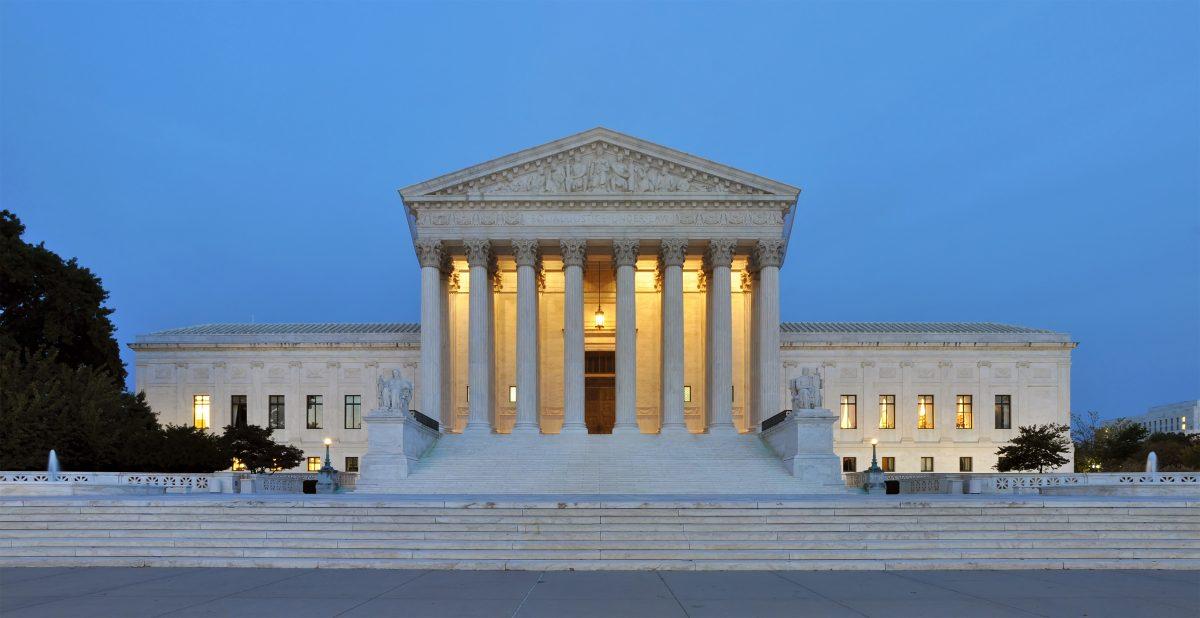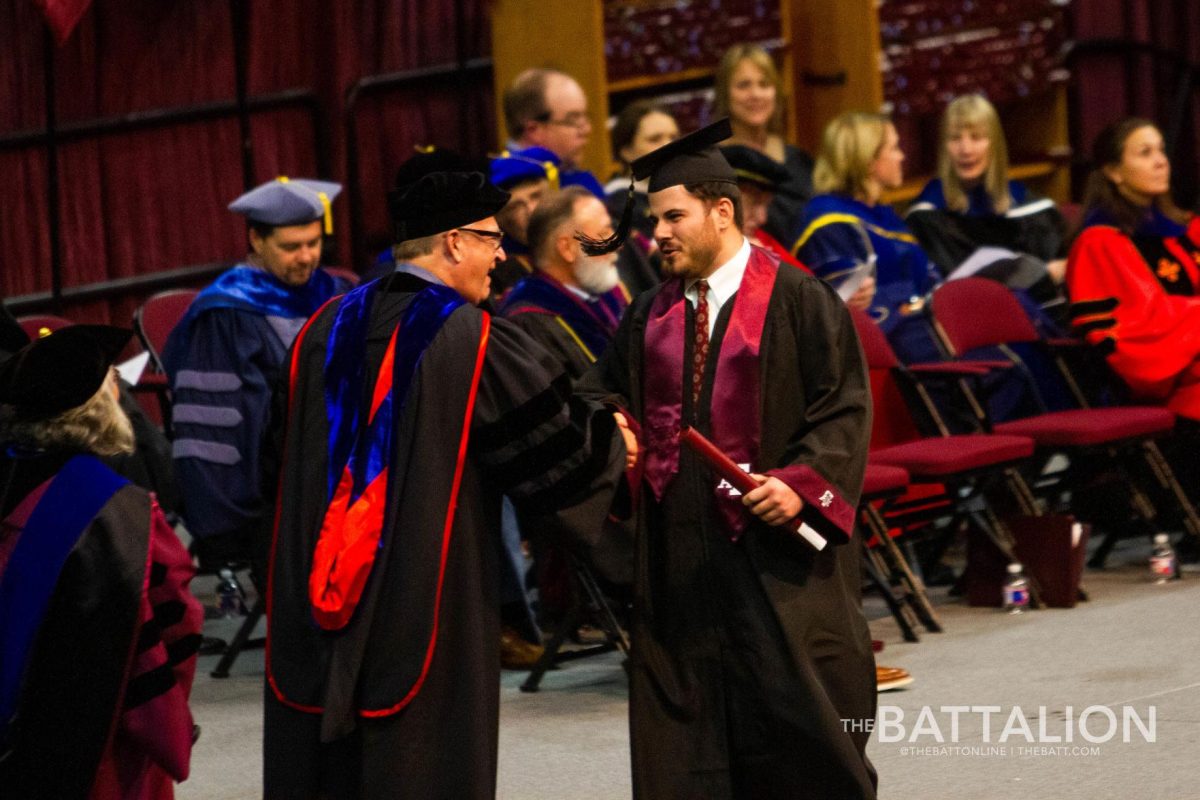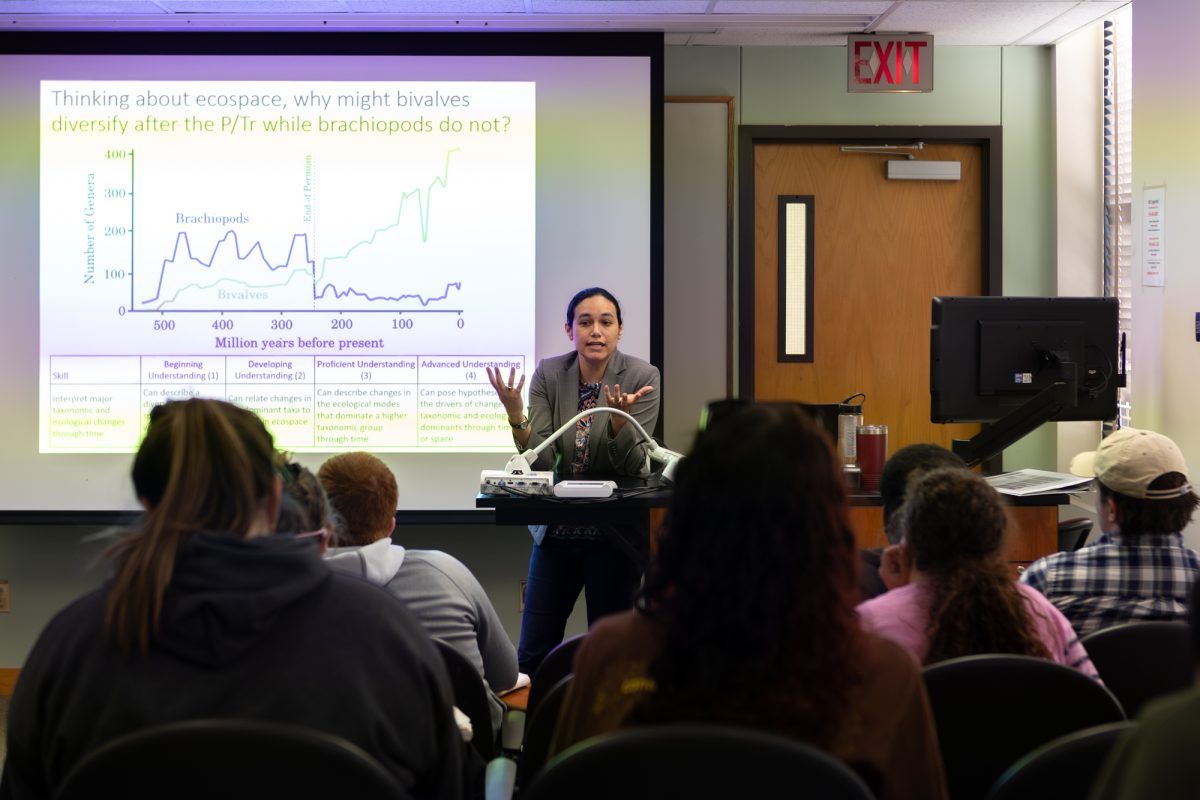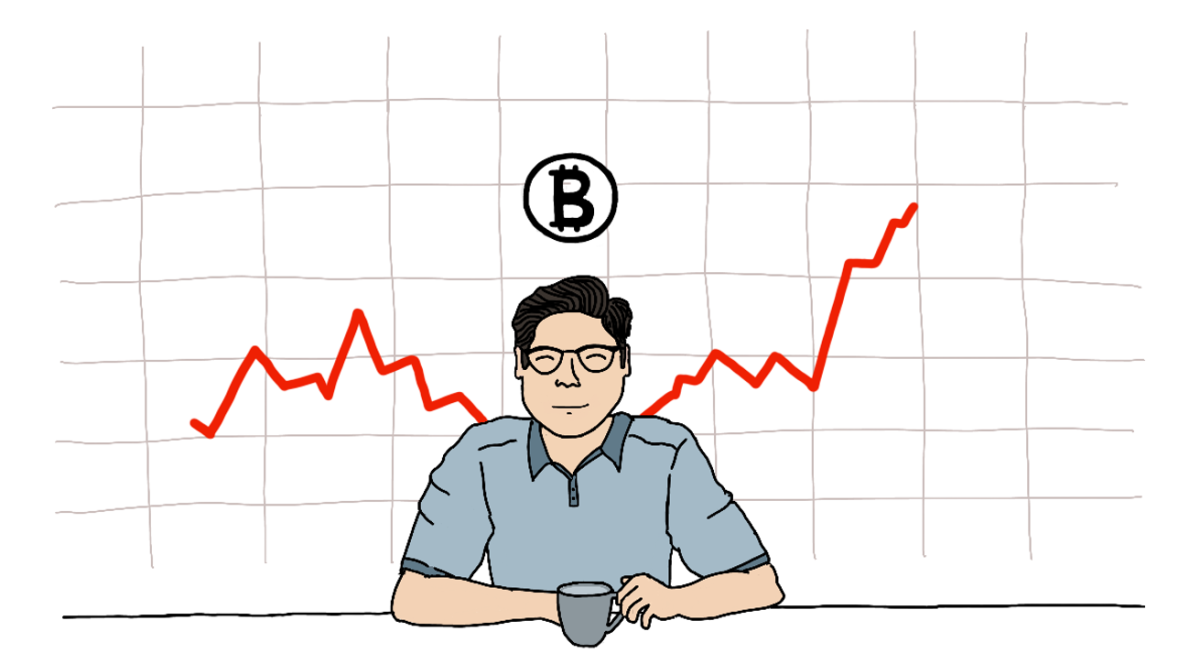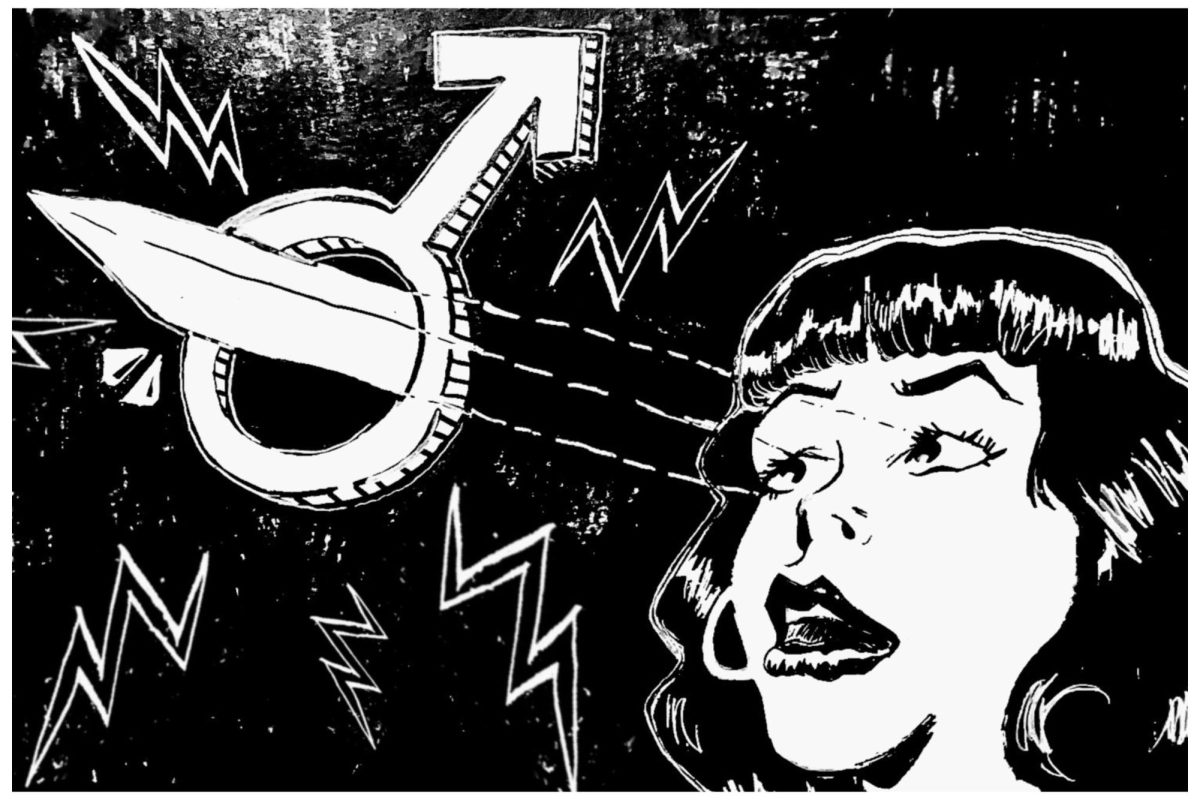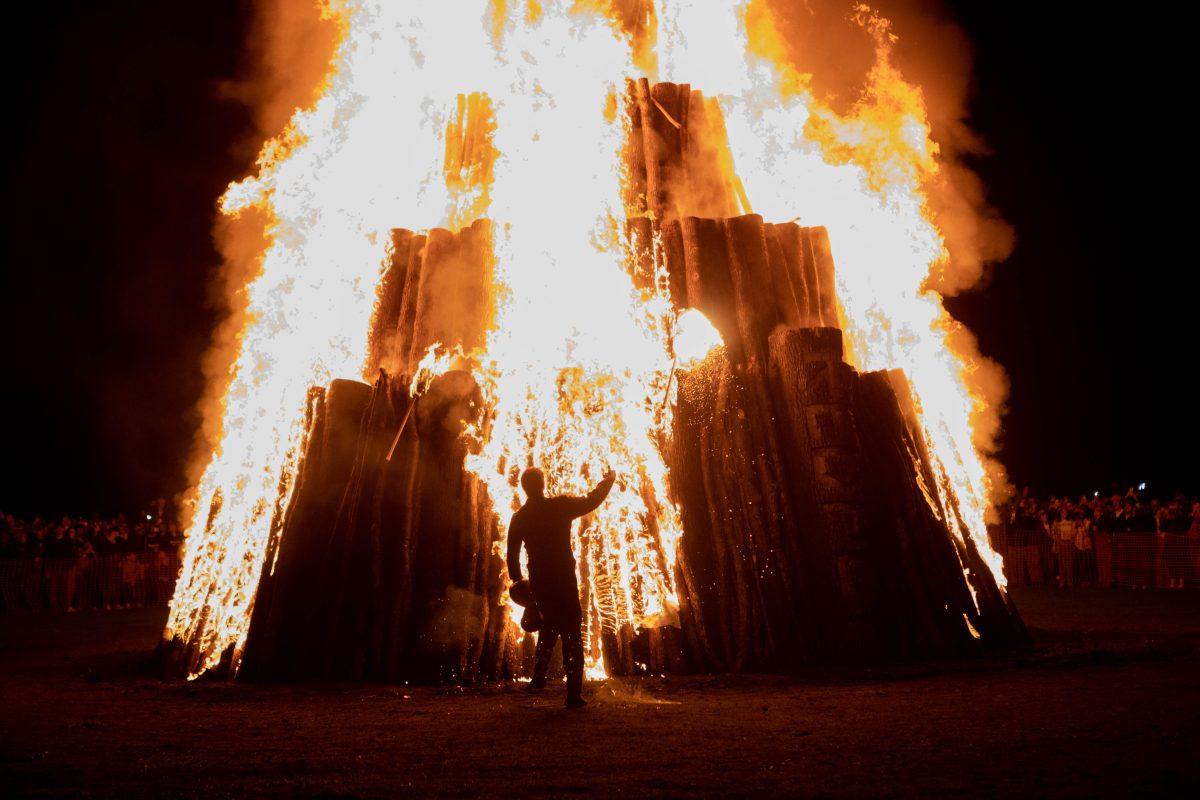In 2004, John Ramirez had $1.25 in his pockets and needed cash to purchase illicit drugs. His addiction-fueled desperation resulted in the brutal killing of Pablo Castro, an innocent store clerk. Ramirez stabbed him 29 times. Eventually, he was caught and sentenced to death.
Fast forward 17 years and Ramirez is still alive, but obviously, not well.
Now, he is pleading with the higher courts to allow him one thing: his minister be allowed to touch him and speak out loud while he is given the lethal injection.
The Texas Department of Criminal Justice, or TDCJ, is refusing this request, citing a potential security risk as their compelling interest. Essentially, they’re saying the minister touching Ramirez during the injection poses too much of a concern.
A seemingly endless number of scenarios could occur during the execution should a minister be allowed to touch an inmate. They could faint at the sight of the injection, causing a disruption to the execution, they could try to interfere with it or they could even puke all over the prisoner in a reaction of pure shock. The list goes on and on.
Please note, dear reader, these are all hypothetical situations. Nothing like this scenario has ever happened before in an execution room, as Ramirez’s attorney Seth Kretzer pointed out during his argument before the Supreme Court of the United States.
Courts in general rarely work off hypotheticals. This columnist is no lawyer, and, despite the political science degree cliche, has no plans on pursuing a career in law either. Nonetheless, it is commonly known that precedent is one of the most important parts of making a decision from a judge’s perspective, not hypotheticals.
Speaking of arguments before the Supreme Court, let’s get to that semi-important part. Kretzers’ argument can be simplified into one main point.
Kretzer’s biggest argument is that Texas is violating the Religious Land Use and Institutionalized Persons Act, or RLUIPA, which requires states to address each individual person’s religious needs. In this case, Ramirez’s need is for his minister to audibly pray and touch him while he is being executed.
Obviously, the needs of each individual must be reasonable and can’t pose a security risk. For example, if an inmate on death row says, “I need my pastor to hug me while I get lethally injected,” that wouldn’t fly. However, all Ramirez wants is to be touched on the foot and be prayed over.
Nonetheless, the TDCJ is saying this request poses too much of a security risk. This reasoning, for a lack of better word, is bulls***.
The standard question that must be asked under the RLUIPA, according to Justice Sonia Sotomayor, reads, “Is something you’re proposing going to interfere with this execution?”
The evidence the TDCJ presented doesn’t seem to be convincing to Sotomayor. The TDCJ claims the minister would be blocking the view of prison staff. However, Sotomayor says, “But I saw the picture of the prison, and the window at least by the foot doesn’t block the view.” She goes on to point out another refutation saying, “They have fears that an unknown pastor could — and this goes to Justice [Brett] Kavanaugh’s concern — that an unknown pastor could go to the IV line, could go to the manacles, et cetera. But the manacles are nowhere near there.”
To sum it up, every risk the TDCJ is presenting is easily disputed. Most importantly, the TDCJ has allowed chaplains in the past to pray over an inmate while touching their leg during an execution, and nothing ever happened to halt or interfere with the process.
Let’s be clear here: Mr. Ramirez deserves to be punished. The victim’s family deserves justice and all the sympathy and support possible. Full stop.
However, in this country, prisoner or not, you should have a certain number of rights. It is clear Ramirez’s rights are being violated under RLUIPA, and the Supreme Court should rule in his favor.
Sam Somogye is a political science senior and columnist for The Battalion.

















